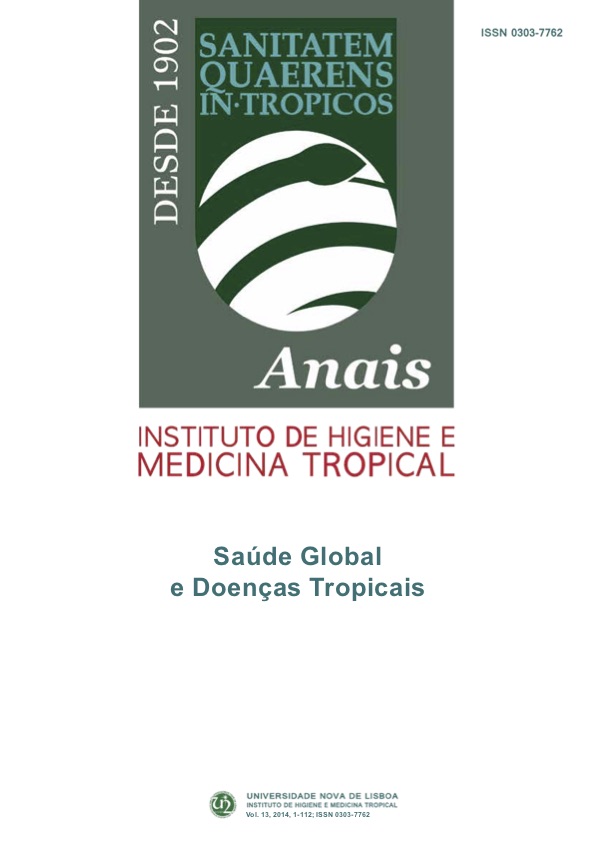Investigação avaliativa na regulação da saúde
Resumo
A intervenção regulatória nos mercados da saúde tem necessariamente que partir de um profundo conhecimento sobre a organização e o funcionamento do sistema de saúde, sobre os incentivos de prestadores e profissionais, sobre as preferências e a satisfação dos utentes e sobre as escolhas estratégicas dos decisores políticos. Nesse contexto, uma atividade fundamental de qualquer instituição com competências de regulação consiste em promover a investigação necessária à produção do conhecimento sobre todas aquelas questões. A Entidade Reguladora da Saúde, enquanto regulador da prestação de cuidados de saúde em Portugal, tem nas suas atividades de investigação um elemento essencial para conhecer o setor da saúde e os seus problemas, direccionar correctamente as atividades de supervisão comportamental dos regulados, desenhar intervenções regulatórias que visam moldar o comportamento dos agentes, promover a diminuição de assimetrias de informação e apoiar a decisão política.
Downloads
Referências
in: Textos de Regulação da Saúde: Ano 2012, Entidade Reguladora da Saúde,
Porto, Portugal.
2. Donabedian, A (1966), “Evaluating the quality of medical care”, The Milbank
Memorial Fund Quarterly, Vol. 44, No. 3, pp. 166–203.
3. Hirschman, AO (1964), “The Paternity of an Index”, The American Economic
Review, Vol. 54, No. 5, pp. 761–762.
4. Mears et al. (2011), “Classifying indicators of quality: a collaboration between
Dutch and English regulators”, International Journal for Quality in Health Care,
Vol. 23, No. 6, pp. 637–644.
5. Penchansky, R, Thomas, JW (1981), “The Concept of Access: Definition and
Relationship to Consumer Satisfaction”, Medical Care, Vol. 19, No. 2, pp. 127–
140.
6. Powell, RR (2006), “Evaluation research: An overview”, Library Trends, Vol.
55, No. 1, (“Research Methods,” edited by Lynda M. Baker), pp. 102–120.
7. Weiss, CH (1998), “Evaluation: Methods for studying programs and policies
(2nd ed.)”, Prentice Hall, Upper Saddle River, NJ, USA.





